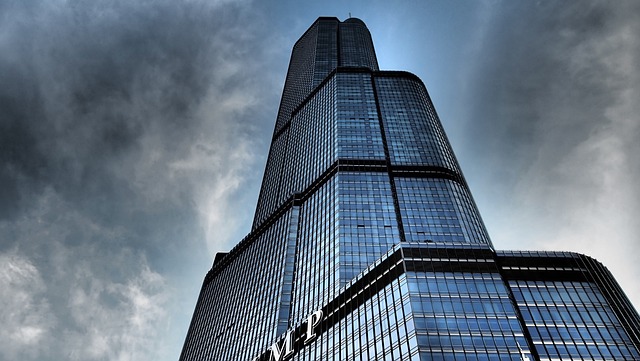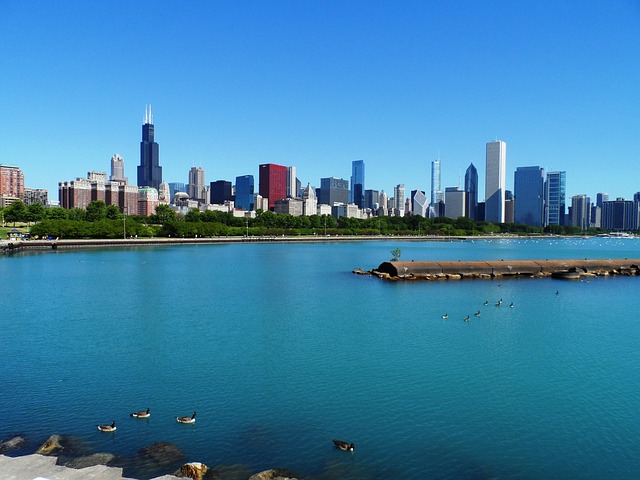In Illinois, particularly Chicago, strict property disclosure laws aim to uphold transparency in real estate transactions. When selling fire-damaged homes, detailed disclosures are required about past fires, damage extent, and repairs, focusing on structural elements, electrical systems, and plumbing. Adhering to these rules benefits both sellers and buyers by ensuring legal compliance and informed decision-making. Sellers must disclose all known material defects, including fire damage, using a Property Disclosure Form. Buyers have the right to receive detailed information about property condition, prior damage, and potential hazards, and can conduct inspections with legal protections against fraudulent misrepresentation. Educational resources from the Illinois Attorney General's office and real estate agencies help participants in the Chicago market navigate these regulations effectively.
“In Illinois, particularly within the vibrant real estate market of Chicago, understanding property disclosure laws is paramount when considering the sale of fire-damaged homes. This comprehensive guide navigates the intricate details of state regulations, clarifying what constitutes legal fire damage and sellers’ responsibilities in disclosing it. We explore buyers’ rights, the consequences of non-disclosure, and provide valuable resources for a transparent Chicago real estate transaction. Essential reading for anyone involved in selling or purchasing fire-damaged properties.”
- Understanding Property Disclosure Laws in Illinois
- What Constitutes Fire Damage Under Legal Terms?
- Sellers' Obligations When Disclosing Fire-Damaged Properties
- The Buyer's Rights and Protections in Chicago Real Estate Transactions
- Legal Implications for Non-Disclosure of Fire Damage
- Resources and Guidance for Safe Home Selling and Buying
Understanding Property Disclosure Laws in Illinois
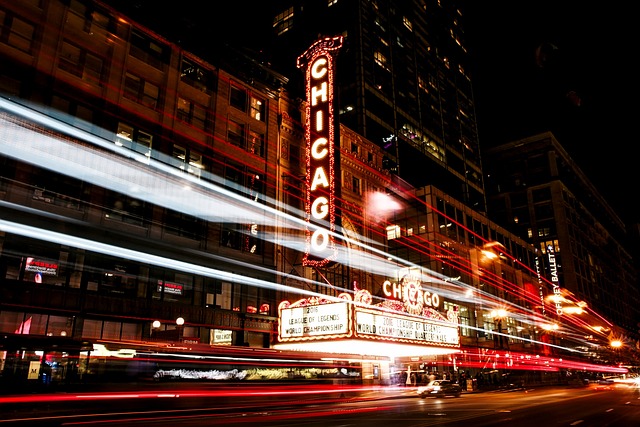
In Illinois, property disclosure laws are designed to ensure transparency and protect buyers when purchasing real estate. These laws require sellers to disclose any known issues or defects in the property, including fire damage, which can significantly impact a home’s structural integrity and safety. Understanding these regulations is crucial for both sellers looking to comply with legal requirements and buyers aiming to make informed decisions while navigating the Chicago real estate market after a fire.
Selling fire damaged homes in Chicago involves specific disclosures to prevent future legal disputes. Sellers must provide detailed information about any previous fires, the extent of damage, and any repairs conducted. This includes revealing whether structural elements, electrical systems, or plumbing were affected, as these are critical components that could pose risks to new occupants. By adhering to Illinois’ property disclosure laws, sellers can demonstrate their diligence and buyers can make educated choices, ensuring a smoother transaction process.
What Constitutes Fire Damage Under Legal Terms?
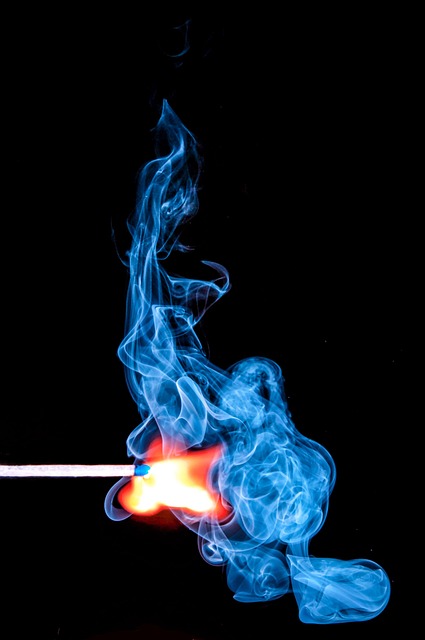
When it comes to selling fire-damaged homes in Chicago, understanding what constitutes legal fire damage is crucial for buyers and sellers alike. Legally, fire damage refers to structural alterations or destruction caused by a fire, impacting the building’s integrity and safety. This includes visible signs of burning, charring, or melting on walls, ceilings, and structures, as well as any resulting water damage from firefighting efforts.
Under Illinois property disclosure laws, sellers are obligated to disclose any known fire damage, even if repairs have been made. This transparency ensures that potential buyers make informed decisions. For instance, a home with minor smoke damage may be suitable for renovation, while extensive structural fires require more significant disclosures and potentially impact the property’s value in the Chicago real estate market.
Sellers' Obligations When Disclosing Fire-Damaged Properties

When putting a fire-damaged property up for sale in Chicago, sellers have specific legal obligations regarding disclosure. Illinois law requires sellers to disclose any known material defects or hazards on the property, including those resulting from fires. This includes providing information about the extent of the damage, any ongoing repairs, and potential safety risks associated with the property.
Sellers must complete a Property Disclosure Form, detailing all relevant fire-related issues such as the cause, date, and extent of the damage. They are also obligated to ensure that any necessary inspections have been conducted and that the disclosures are accurate and truthful. This process is crucial for buyers making informed decisions when purchasing fire-damaged homes in Chicago, ensuring transparency and potentially avoiding future legal disputes.
The Buyer's Rights and Protections in Chicago Real Estate Transactions

In Chicago real estate transactions, buyers have a range of rights and protections designed to ensure transparency and fairness. When purchasing a property, especially a selling fire damaged homes Chicago, buyers are entitled to receive accurate and detailed information about the property’s history, current condition, and any potential hazards or repairs needed. Illinois law mandates that sellers disclose known defects or issues, including structural problems, environmental concerns, and prior damage like fires.
The buyer’s protection extends beyond disclosure. They have the right to inspect the property and conduct a thorough investigation into its condition. This includes assessing fire damage, checking for asbestos or lead-based paint, and evaluating any potential mold or water damage. If the seller fails to disclose significant issues discovered during these inspections, buyers can take legal action. This ensures that purchasing a home, particularly one with a history of fire damage in Chicago, is a well-informed decision, safeguarding buyers’ investments and ensuring their safety.
Legal Implications for Non-Disclosure of Fire Damage
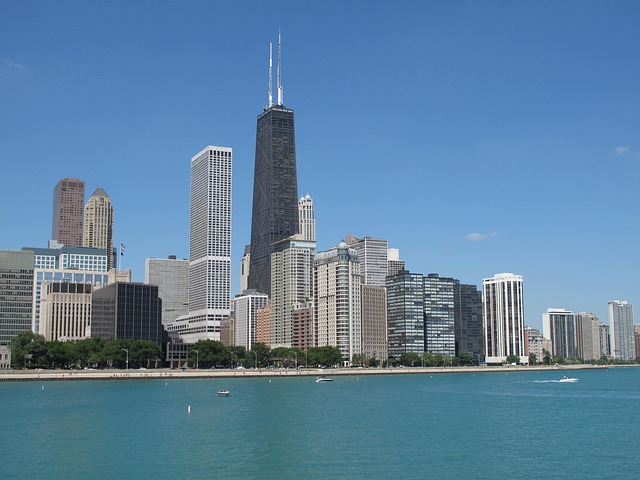
In Illinois, including the bustling city of Chicago, property buyers have legal protections regarding disclosure of potential hazards, including fire damage. The failure to disclose known significant fire damage can have serious legal implications for sellers. If a buyer discovers undisclosed fires that could reasonably be expected to affect the structural integrity or habitability of the home, they may have grounds to file a lawsuit for fraudulent misrepresentation. Such cases can lead to financial penalties and even criminal charges for sellers who intentionally omit crucial information about previous fires.
Real estate transactions in Chicago are governed by state laws, which mandate full disclosure of any material defects known to the seller. This includes fire damage that has been repaired or remains hidden but could impact a home’s safety and value. Buyers have the right to know if their potential new residence has a history of fire hazards, enabling them to make informed decisions about purchasing a fire-damaged home in Chicago.
Resources and Guidance for Safe Home Selling and Buying
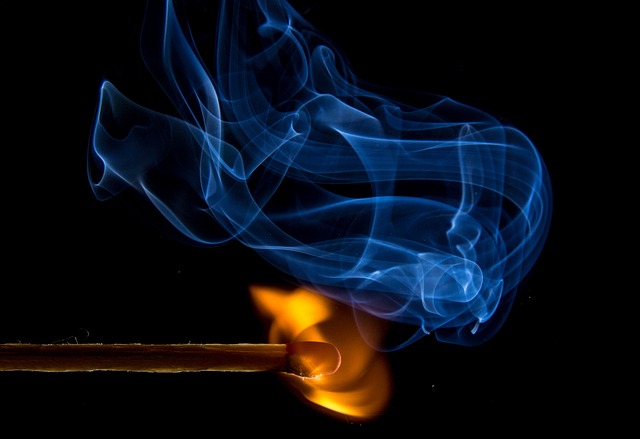
When considering selling a fire-damaged home in Chicago, understanding local disclosure laws is just the first step. For a smooth and safe transaction, both buyers and sellers can leverage various resources available to ensure transparency and minimize risks. The Illinois Attorney General’s office offers comprehensive guides on property disclosures, providing clear insights into what information needs to be shared. These resources are invaluable for navigating the legal aspects of selling fire-damaged properties.
Additionally, local real estate agencies often organize workshops and webinars dedicated to educating clients about their rights and responsibilities in such transactions. For buyers, these sessions can help demystify the process, ensuring they’re aware of potential hidden costs and challenges associated with purchasing a fire-affected property. Sellers can also benefit from this knowledge, enabling them to present their case effectively while adhering to disclosure requirements when marketing their Chicago-area homes.
When considering the sale or purchase of a fire-damaged home in Chicago, it’s crucial to understand Illinois’ property disclosure laws. These laws aim to protect both buyers and sellers by ensuring transparency regarding any potential hazards or damage, including fire-related issues. By understanding your obligations and rights, you can navigate these transactions with confidence, ensuring a smooth process while mitigating legal risks associated with non-disclosure. Remember, when it comes to selling fire damaged homes in Chicago, knowledge is power.
